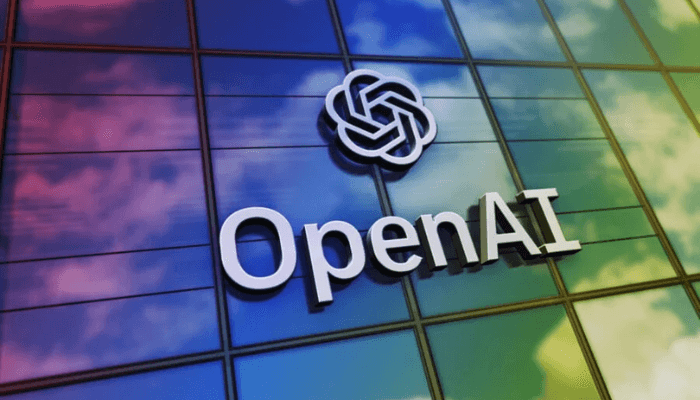OpenAI has just launched Operator, an autonomous Artificial Intelligence (AI) agent designed to perform complex tasks on behalf of users by interacting with web browsers, much like a human would.
This system operates within a browser in the cloud, enabling it to visually process on-screen information (pixels) and control the keyboard and mouse to execute tasks by typing, clicking, and scrolling.
Operator can be asked to handle a wide variety of repetitive browser tasks such as filling out forms, ordering groceries, and even creating memes. The ability to use the same interfaces and tools that humans interact with daily broadens the utility of AI, helping people save time on everyday tasks while opening up new engagement opportunities for businesses.
Operator is powered by Computer Using Agent (CUA) which builds on GPT-4 technology but is specifically trained to interact with computers. Unlike traditional systems that rely on APIs (application programming interfaces), CUA allows Operator to navigate websites and software using visual data from screenshots and standard input methods like a keyboard and mouse.
This approach unlocks compatibility with a broader range of software, including platforms without dedicated APIs. For example, Operator can independently navigate websites, input search queries, click buttons, and manage forms, all while generating an internal “chain of thought” to adapt to its tasks in real time.
Operator can “see” (through screenshots) and “interact” (using all the actions a mouse and keyboard allow) with a browser, enabling it to take action on the web without requiring custom API integrations.
If it encounters challenges or makes mistakes, Operator can leverage its reasoning capabilities to self-correct. When it gets stuck and needs assistance, it simply hands control back to the user, ensuring a smooth and collaborative experience.
Read also: Meet DeepSeek, OpenAI’s cheaper, open source competition
Described as a “big trend in AI,” Operator aims to transform productivity, creativity, and task delegation by automating interactions with digital systems, whether booking reservations, shopping, or performing data searches.
Sam Altman, OpenAI’s chief executive officer, says, “OpenAI’s vision for Operator represents a step forward in integrating autonomous agents into everyday life, paving the way for a more productive and innovative future.”
He expressed optimism about the technology, stating, “We think this is going to be a big trend in AI and really impact the work people can do, how productive they can be, how creative they can be, and what they can accomplish.”
Safety is a key consideration in Operator’s design. OpenAI has implemented a multi-layered mitigation framework to address potential risks, including user misalignment, model errors, and interactions with fraudulent websites.
Features such as task confirmations, moderation models, and prompt injection monitoring work together to ensure responsible use. These safeguards, alongside iterative deployment, reflect OpenAI’s commitment to safety as a cornerstone of Operator’s development.
OpenAI notes that it is currently a research preview, meaning it has limitations and will evolve based on user feedback. The system will launch today for Pro users in the United States, with plans to expand to plus users in the coming months.
How to use
To get started, simply describe the task you’d like done, and Operator can handle the rest. Users can choose to take over control of the remote browser at any point, and Operator is trained to proactively ask the user to take over for tasks that require a login, payment details, or when solving CAPTCHAs.
